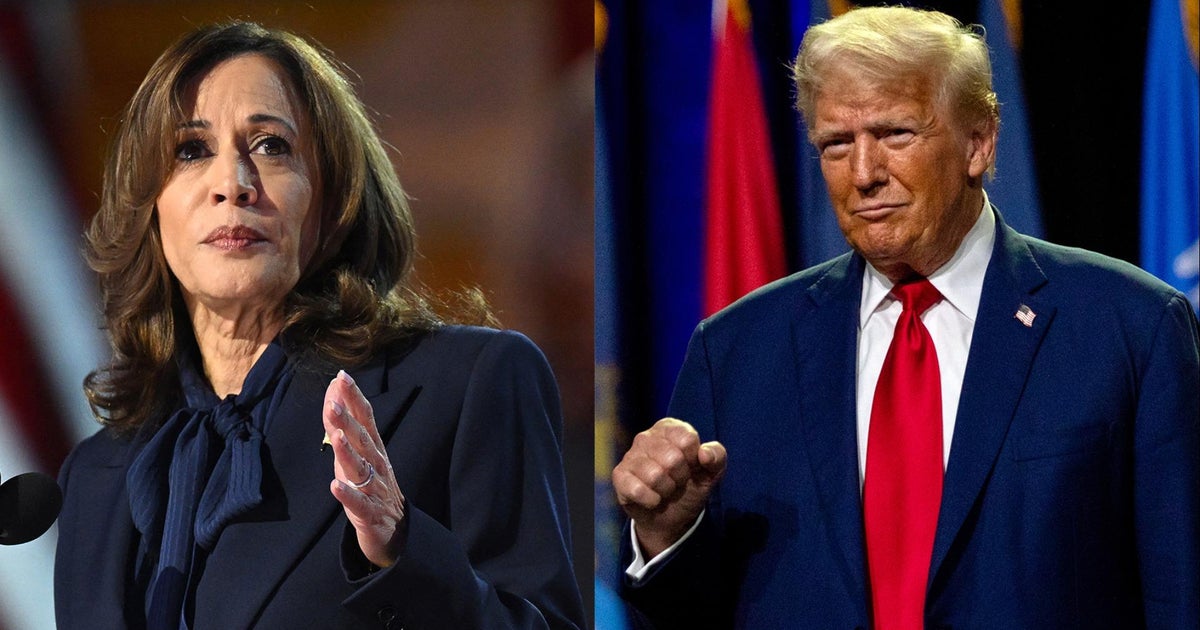Washington — President Biden on Saturday signed the massive spending package that the Senate approved overnight, avoiding a partial shutdown of the government and ending a monthslong fight over spending that persisted six months into the fiscal year.
The package fully funds the government through September.
The Senate approved the $1.2 trillion package, which was unveiled early Thursday, in a vote of 74 to 24. Hours earlier, it advanced out of the House in a 286 to 134 vote.
The Senate slipped past the deadline after an hourslong standoff on amendment votes. Shortly before midnight, Senate Majority Leader Chuck Schumer, a New York Democrat, announced the upper chamber had finally reached an agreement that would allow them to expedite the bill’s passage. Republicans demanded votes on amendments in exchange for speeding up the process. Without an agreement, the soonest the Senate could vote was Sunday.
The missed deadline was not expected to have any effect on government operations. The White House said agencies would not shut down and could continue their normal operations, since it was clear that a resolution was imminent and that Mr. Biden would sign the bill.
The package wraps six spending bills into one to fund about three-quarters of the government until the end of the fiscal year. The bill includes money for the departments of State, Homeland Security, Defense, Labor and Health and Human Services, as well as funds for foreign operations, financial services and the legislative branch. Another package funding the rest of the government cleared Congress two weeks ago.
Its passage allows Congress to shift its focus to other priorities, including next year’s spending bills that need to be signed into law by October and foreign aid to U.S. allies that has been in limbo for months.
But the agreement House Speaker Mike Johnson, a Louisiana Republican, reached with Democratic leadership in the Senate to fund the government also threatens his position in leadership after a majority of his conference voted against the bill.
The frenzied rush to fund the government was the latest example of internal divisions within the increasingly narrow Republican majority in the House that has forced party leaders to rely on Democratic votes to get legislation passed, much to the dismay of conservatives. House Democrats voted for Friday’s bill by a margin of 185 in favor to 22 against, compared to the 101 to 112 split among Republicans.
Rep. Marjorie Taylor Greene, a Georgia Republican, teased a possible no-confidence vote in Johnson, filing a motion to vacate that the House could be forced to consider after its upcoming two-week recess. The motion is the same maneuver that a handful of Republicans used to oust Rep. Kevin McCarthy of California from the speakership in October amid GOP divisions about how to handle spending.
“I filed the motion to vacate today, but it’s more of a warning,” Greene said after the House vote, adding that “it’s time for our conference to choose a new speaker.”
The spending deal
Unable to pass the dozen annual appropriations bills that fund the federal government, lawmakers have repeatedly relied on short-term funding extensions to keep the government operating since October of last year.
They were finally able to break the logjam this month, splitting up the bills into two packages. But the rollout of the second package was delayed until early Thursday by disputes over funding for the Department of Homeland Security.
Johnson thus waived a self-imposed 72-hour rule that gives lawmakers time to read legislation before a vote in order to get it across the finish line and send it to the Senate, giving the upper chamber just hours before the clock hit midnight.
Republicans and Democrats both claimed victories in the package.
Democrats touted funding for child care and education programs, medical research, mental health care and an extension of the President’s Emergency Plan for AIDS Relief, an initiative known as PEPFAR that is credited with saving 25 million lives worldwide.
Republicans highlighted funding for Border Patrol agents and more detention beds, as well as a ban on funding for the United Nations Relief and Works Agency for Palestine Refugees, the main humanitarian agency operating in Gaza, through March 2025.
The bill also includes several conservative policy wins. It prevents the federal government from banning gas stoves, puts restrictions on which flags can be flown over U.S. diplomatic facilities and maintains a provision banning federal funds from covering abortion services.
Facing criticism from conservatives, who deemed the bill a failure, Johnson said the package “represents the best achievable outcome in a divided government.”
Republican Rep. Andy Ogles of Tennessee said the bill’s passage puts the GOP majority at risk.
“Some will say that the Republicans are in the majority in the House, but it’s clear that the Democrats own the speaker’s gavel,” Ogles said, adding that it’s passage “will likely determine who controls the House of Representatives, and this bill will most certainly determine who the next speaker is.”
— Alan He and Ellis Kim contributed reporting.



